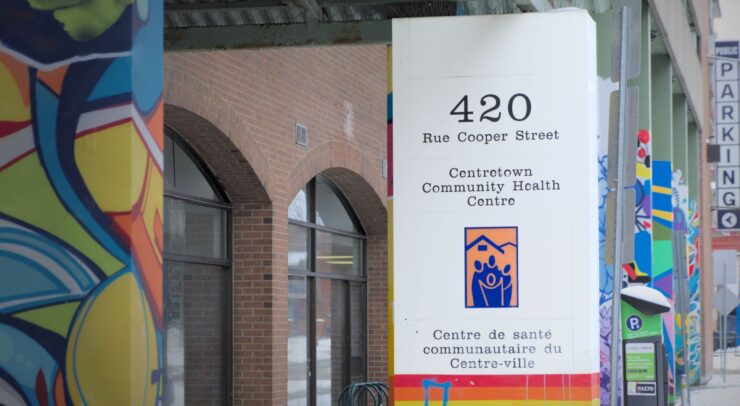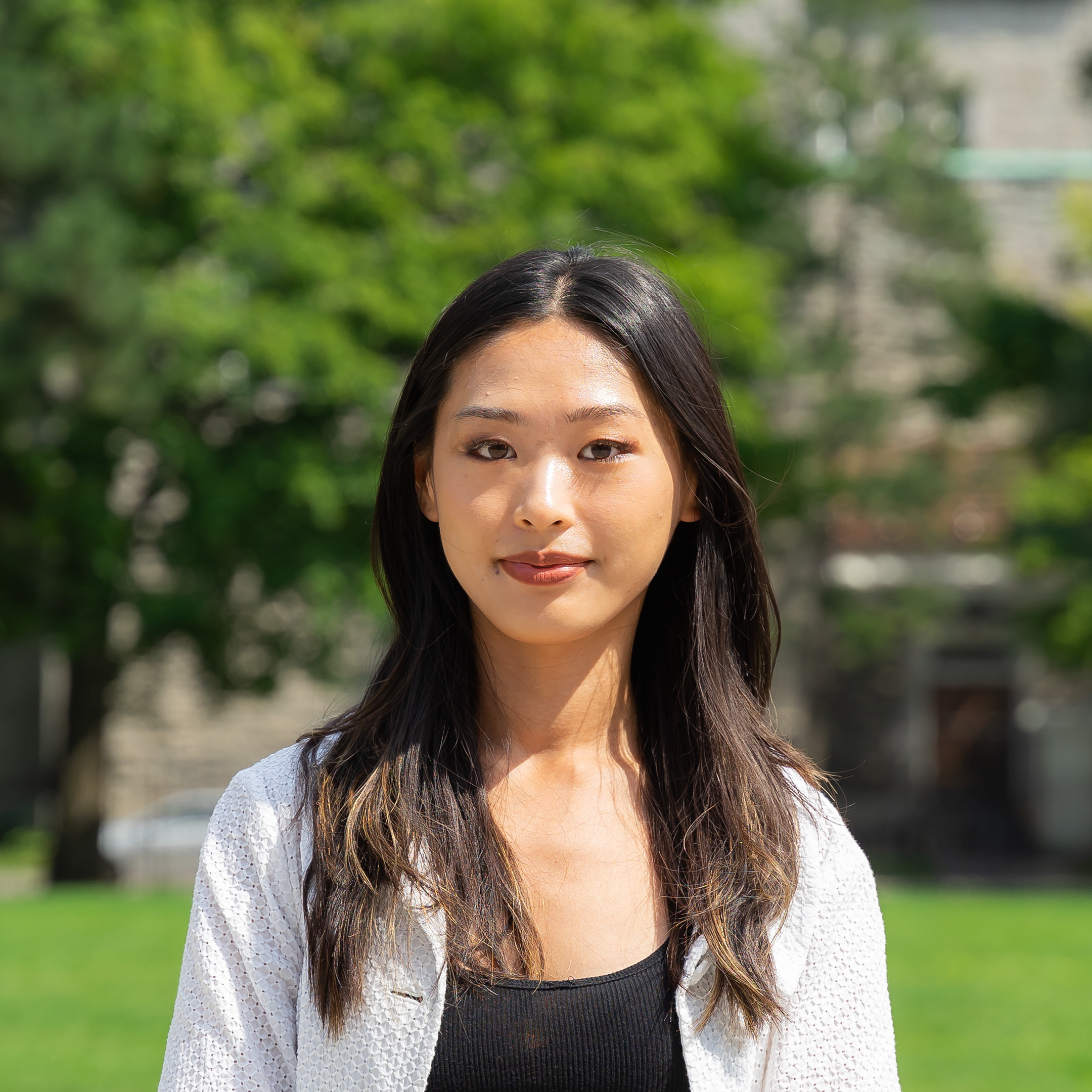CENTRETOWN COMMUNITY HEALTH CENTRE AND SOMERSET WEST COMMUNITY HEALTH CENTRE WILL BEGIN OFFERING A SAFER ALTERNATIVE RESPONSE FOR MENTAL HEALTH AND SUBSTANCE ABUSE CRISES THIS SUMMER
Starting summer 2024, instead of calling 911 to address mental health or substance abuse crises, you will be able to call an alternative number that will connect you to community health centres in Ottawa. They will be available 24 hours a day, 7 days a week, providing a “safer alternative response.”
Both Centretown Community Health Centre and Somerset West Community Health Centre have announced in a press release that they have been selected to provide safer alternative responses to both mental health and substance abuse crises. Both centres have operated in Ottawa for decades as integral health and social service providers in the city.
The teams who will lead the safer alternative response service will include a group of crisis support workers, case managers, and peer support workers. In recent years, communities in Ottawa and racialized groups, in particular, have demanded an alternative response to the police due to violent incidents between police and individuals during mental health crises. Back in 2020, rallies advocating for change in the city’s response to mental health crises were held following the death of Abdirahman Abdi, who was killed when police officer Const. Daniel Montsion used excessive force against him during an arrest.
In many situations, such as mental health crises and other non-violent incidents, calling the police can put individuals at risk. Since 2000, most Canadians who have been killed by police suffered from mental health or substance abuse issues. As a result, alternative response programs, which normally involve teams of community-based workers, can be safer and more effective. In other Canadian cities such as Toronto and Winnipeg, alternative crisis programs have shown to be successful and have expanded with additional municipal funding.
“For the vast majority of mental health and substance use crises that people are experiencing, what they need is a community-based, compassionate response. One where people have training, lived experience to support individuals,” explains Michelle Hurtubise, the executive director of Centretown Community Health Centre, in an interview with The Fulcrum.
Hurtubise further emphasized the benefits of having community-based teams connected with individuals in crisis. She explains how community-based workers will be able to follow up with individuals and guide them towards community services and programs that can support them after an immediate crisis.
For the coming months, the Centretown Community Health Centre will be working closely with community partners on how they will connect individuals to available community services; they will also be hiring and training a diverse staff team composed of individuals from various backgrounds and lived experiences to support this work. They will coordinate with 211 to provide the helpline number people will call for the alternative response.
The Fulcrum will be following up with the Centretown Community Health Centre at the end of the summer to get an update on the launch of the safer alternative response.






